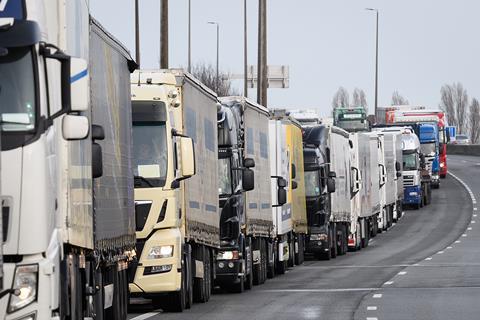
A no-deal Brexit could result in rising food and fuel prices, disruption to medicine supplies and public disorder on Britain’s streets, according to secret documents the government was forced by MPs to publish on Wednesday (The Guardian). Supplies of some fresh food will decrease, while supermarket prices may also rise, while panic buying could increase food supply problems (Sky News). Certain types of fresh food supply “will decrease” and “critical dependencies for the food chain” such as key ingredients “may be in shorter supply” (The BBC). The document admitted that the government might not be able to calculate the full impact on the supply chain for food and agriculture (The Financial Times £). Low-income groups will be disproportionately affected by any price rises in food and fuel (The Times £).
US President Donald Trump has announced that his administration will ban flavoured e-cigarettes, after a spate of vaping-related deaths (The BBC). Donald Trump has moved to ban flavours used in e-cigarettes following a series of deaths linked to vaping. Across the United States six people have died and more than 450 have fallen ill in recent months (The Telegraph). The Trump administration is examining whether to ban flavoured e-cigarettes, after more than 400 patients have been diagnosed with a mysterious illness linked to vaping and six have died (The Financial Times £). The federal food and drug administration (FDA) could develop guidelines to remove from the market all e-cigarette flavours except tobacco (The Independent).
Anheuser-Busch InBev, the world’s largest brewer, has resurrected plans to list shares in its Asian business in Hong Kong, two months after it scrapped plans for what would have been the world’s largest initial public offering this year. (The Financial Times £)
Struggling town centres should shift away from a reliance on shops and try to open more cafes and restaurants, to match changing shopping patterns and give locals a reason to visit the high street, according to a new report (The Telegraph). Strengthening local economies will do more to revive Britain’s struggling high streets than sprucing up city centres or changing the tax system to help retailers, according to a report (The Guardian).
The humble loaf has emerged as an unlikely casualty of a no-deal Brexit in Ireland, with prices charged by commercial flour suppliers in Belfast set to rise due to cross-border tariffs. (The Guardian)
The number of Britons preparing for Brexit by stockpiling food and medicines is on the increase, new figures suggest. A Kantar survey has revealed that 9% of UK residents have already stockpiled essentials in advance of the UK’s departure from the European Union, currently scheduled for 31 October. (Sky News)







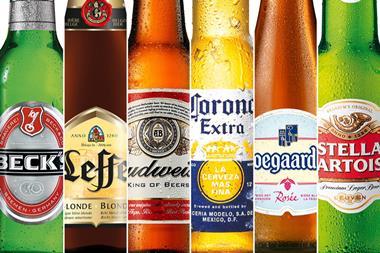
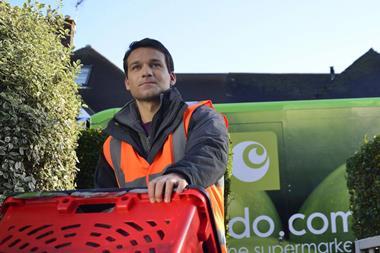
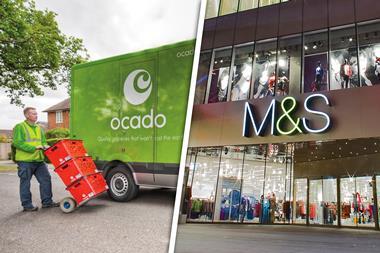
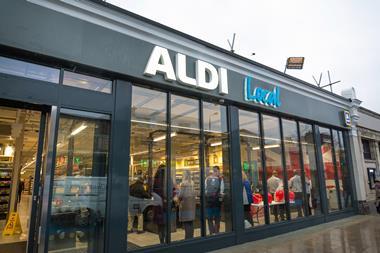
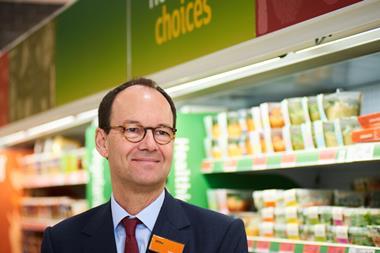
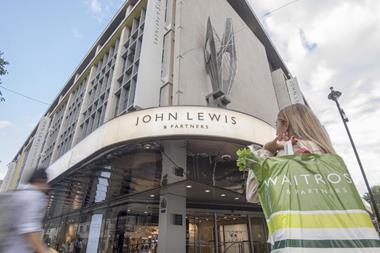






No comments yet